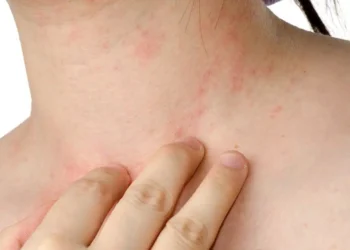The National Agency for Food and Drug Administration and Control, (NAFDAC) allegedly banned the importation of Indomie noodles into the country.
Reports has it that the Nigerian regulatory body took the action amid investigation by Taiwan and Malaysia authorities which reportedly discovered ethylene oxide, a cancer causing agent, in the product.
Can Indomie really cause cancer?
Indomie is a brand of instant noodles that is popular in many parts of the world. There have been concerns about the safety of consuming instant noodles, including Indomie, due to the presence of certain chemicals that may be harmful if consumed in large amounts over a long period of time.
One of the chemicals that has been linked to cancer is acrylamide, which is formed when starchy foods, such as noodles, are cooked at high temperatures. However, the levels of acrylamide in instant noodles are generally considered to be low and not a significant risk to human health.
The World Health Organization (WHO) and other health organizations have conducted studies on the safety of instant noodles and have concluded that they are safe for consumption when eaten in moderation as part of a balanced diet.
However, there is no scientific evidence that suggests that any of the ingredients in Indomie noodles can cause cancer.
Indomie noodles are a popular brand of instant noodles that are consumed by millions of people around the world. They typically contain wheat flour, vegetable oil, salt, and a range of flavorings and spices, such as onion powder, garlic powder, chili powder, and turmeric.
All of these ingredients are commonly used in many different types of food and have not been shown to cause cancer. However, it’s important to remember that consuming large amounts of any processed food, including instant noodles, may not be the healthiest choice for your overall diet and could increase your risk of certain health issues if consumed regularly in excessive amounts.
If you have concerns about your diet or potential cancer risks, it’s always a good idea to speak with a healthcare professional or a registered dietitian who can provide you with personalized advice based on your individual needs and health history.










